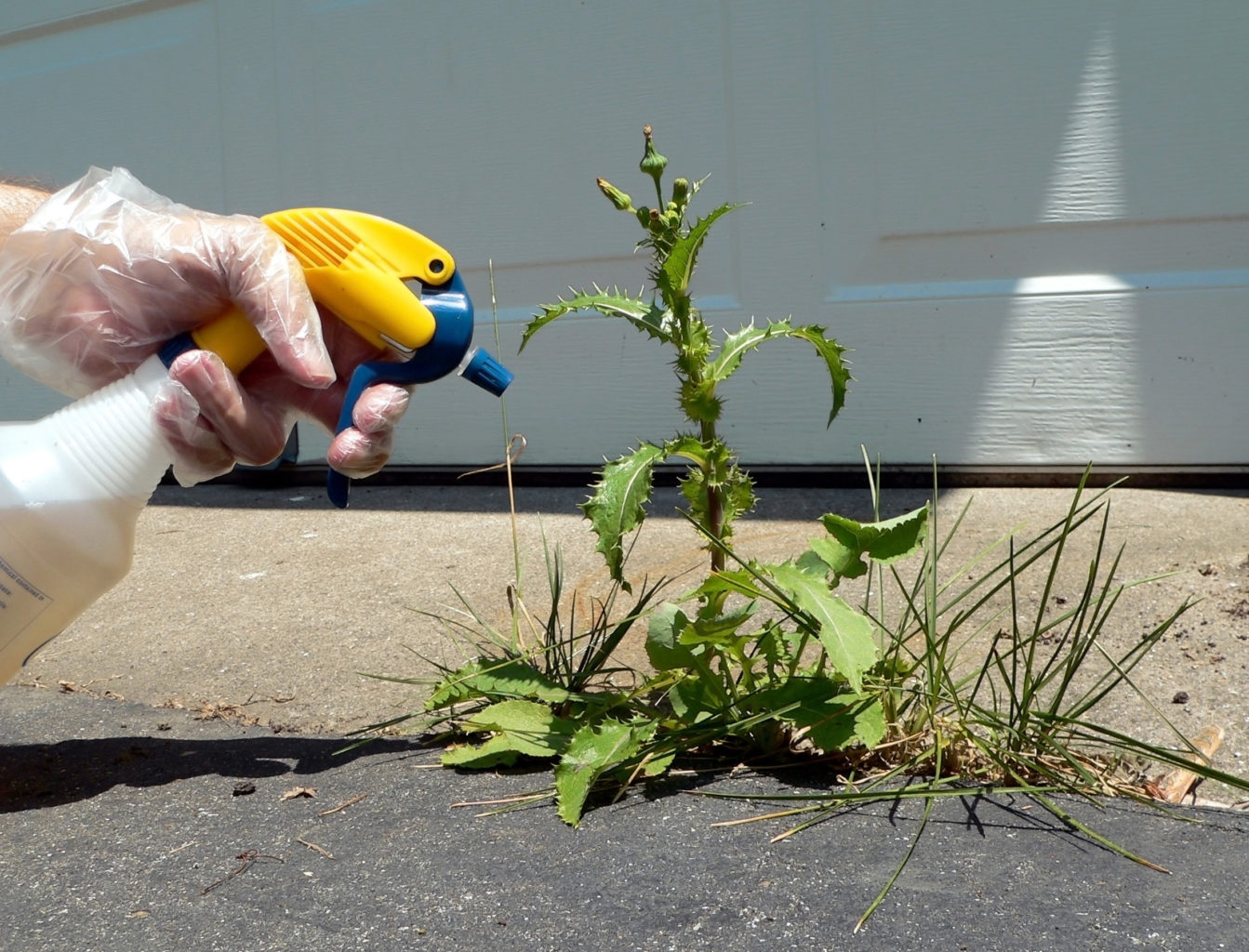Keep chemicals out of our creeks
Lawn care, landscaping, and pest control practices are major contributors to stormwater pollution. Rain and melting snow flow across yards, rooftops, and paved areas, and picking up dirt, leaves, grass clippings, garden chemicals, and anything else in its path. Then this polluted water flows directly into the storm drain system.
The Impact
The nutrients in fertilizer that help our plants grow also cause excessive algae growth. Algae can rob the organisms that live in our streams from the oxygen they need to survive, killing fish along the way. Pesticides and insecticides are toxic to more than the pests they target, they also kill beneficial microorganisms in the soil.
Take Action
- Boulder County residents responsibly disposed of 54,379 LBs. of pesticides at the Hazardous Materials Management Facility in 2020.
- In 2019, Resource Central conducted 1,803 consultations to inspect sprinklers and provide a suggested water and money saving schedule.
Manage Weeds Responsibly
- Hand pick or spot treat for weeds and other pests and use alternative pest management techniques instead of chemical pesticides.
- Dispose of chemicals properly and never pour them down the drain.
- Store pesticides, fertilizers, and other chemicals in a secure covered area.
- Boulder County residents can use the Hazardous Materials Management Facility (HMMF) to properly dispose of chemicals – never pour them down the drain.
Fertilize Sparingly
- Do a soil test to determine if additional nutrients are needed.
- Use compost whenever possible instead of fertilizer. Compost has many benefits such as providing sufficient nutrients for your landscape and improving soil health.
- If you use fertilizer, only purchase what you need and read instructions carefully before applying. Do not fertilize if it is likely to rain in the next day or two.
- Select plants that require minimal watering and fertilizing to prevent nutrient runoff.
Prevent Water Runoff
- Adjust sprinklers to direct water onto lawns and landscaping.
- Direct downspouts into a rain barrel to capture rainwater for watering or into a rain garden or other depressed area so water soaks into the ground instead of rushing out to the street.
- Do not overwater lawns and gardens, which causes nutrients to leach out.
- Use porous materials like bricks and gravel instead of concrete or asphalt.
- Replace water intensive lawns with trees, shrubs, and other landscaping that hold rainwater and support biodiversity.
